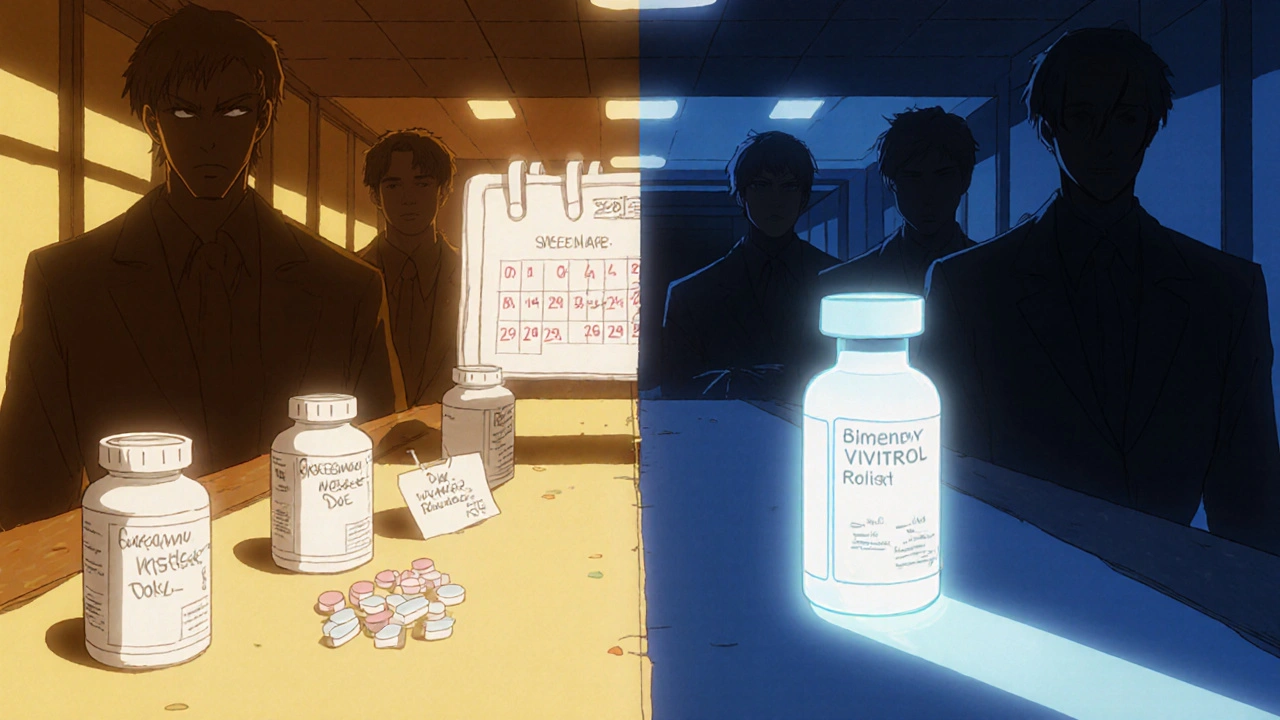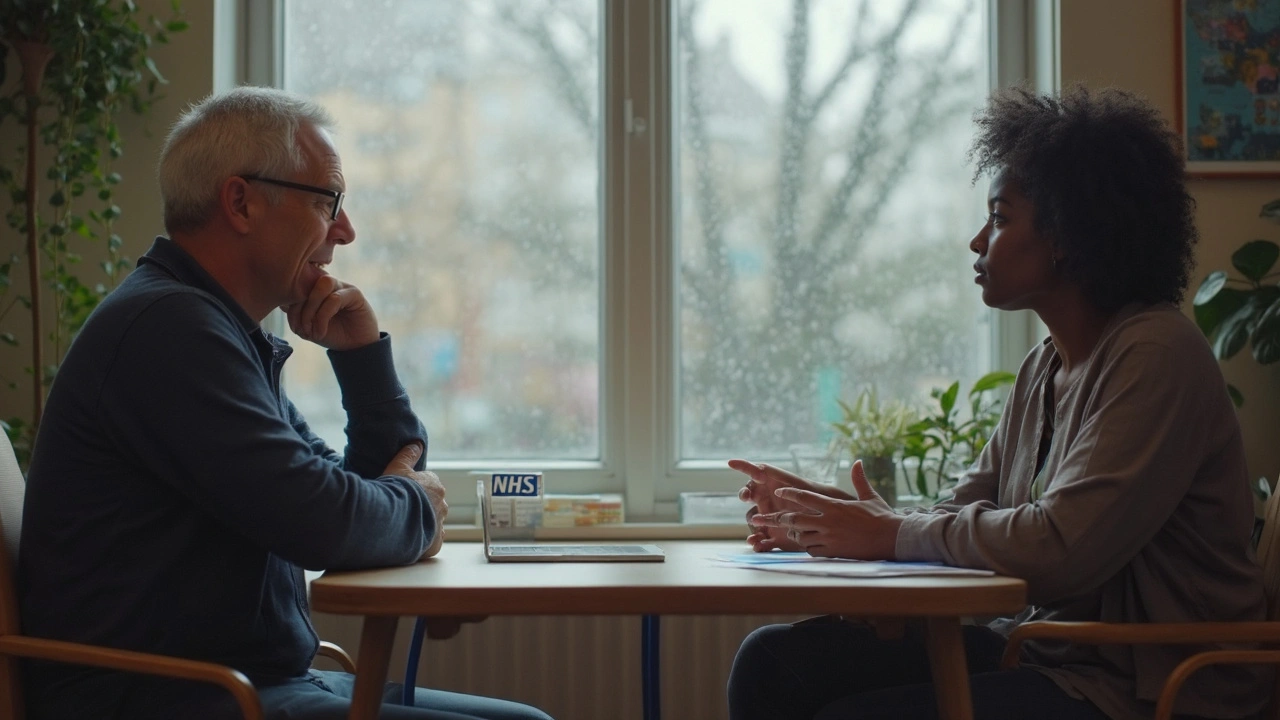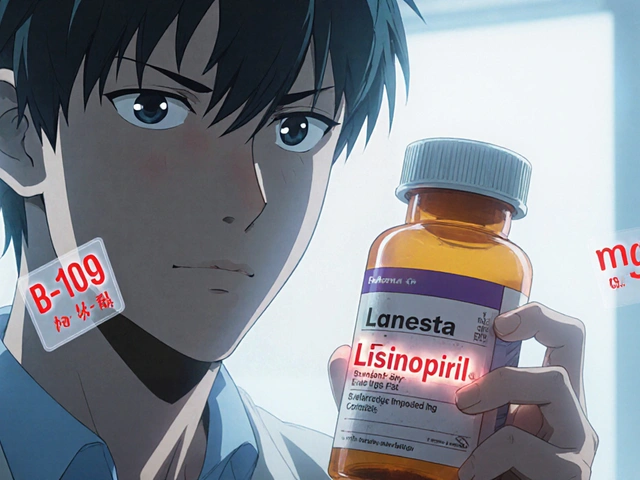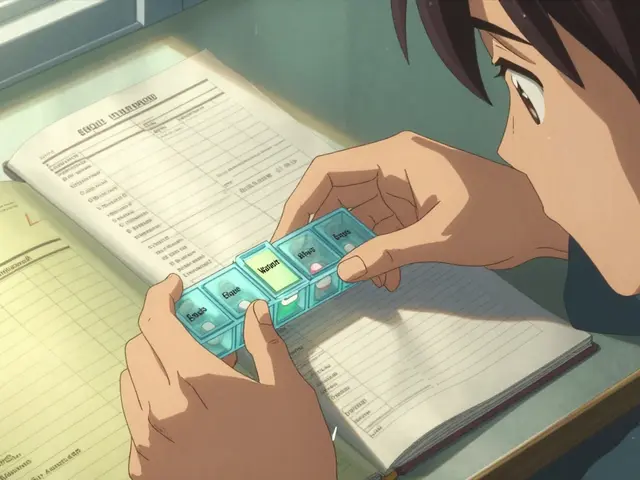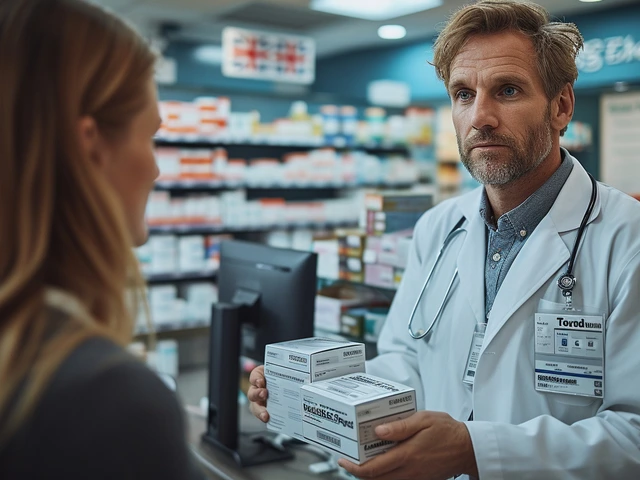Alcohol Dependence Treatment: Clear, Practical Options
If you or someone you care about is struggling with alcohol dependence, the first step is simple: get a plan. Alcohol dependence looks different for everyone. Some people need a safe medical detox. Others do better with outpatient counseling plus medication. The goal is the same — reduce harm, regain control, and stay safe while building a sustainable recovery plan.
Immediate safety and detox
Severe alcohol withdrawal can be dangerous. Watch for confusion, shaking, high fever, racing heart, or seizures. If these appear, call emergency services or go to a hospital. For most people who’ve been drinking heavily for a long time, medically supervised detox is the safest choice. Doctors can prescribe medicines that lower seizure risk, manage anxiety, and keep you comfortable during the first 3–7 days when withdrawal is worst.
Treatment options that work
After detox, treatment usually combines at least two approaches: medication and psychosocial support. Medicines used for alcohol dependence include naltrexone (can reduce cravings and the pleasure of drinking), acamprosate (helps with long-term abstinence), and disulfiram (produces unpleasant effects if alcohol is consumed). A doctor will explain risks, side effects, and which drug fits your situation.
Therapies matter just as much. Cognitive Behavioral Therapy (CBT) helps you spot triggers and learn new coping skills. Motivational Interviewing helps you find your personal reasons to change. Family therapy can fix relationship strains and build support. Peer support groups like Alcoholics Anonymous or SMART Recovery add accountability and practical tips from people who’ve been through it.
Deciding between inpatient and outpatient care comes down to safety, support needs, and daily life. Inpatient rehab gives structure and medical support, which helps if drinking is severe or life is unsafe at home. Outpatient programs let you keep working while attending therapy and medical check-ins. Both can be effective when they match your needs.
Relapse is common and doesn’t mean failure. Treat it as feedback. Learn what triggered it, adjust your plan, and get back on track. Long-term recovery often combines ongoing therapy, medication as needed, and community support.
Practical steps to get started: talk to your GP or an addiction clinic, ask about medical detox, check if your insurance covers treatment, and connect with a local support group. If you’re worried about costs or privacy, many communities offer sliding-scale clinics and confidential hotlines.
If you’re supporting someone else, set clear boundaries, encourage medical help, and avoid judgment. Recovery works best when the person feels heard, safe, and in charge of their choices.
Want quick help now? Call your local emergency number for severe withdrawal, or search for addiction services and helplines in your area. A real plan plus steady support makes a big difference—one small step at a time.
Naltrexone hydrochloride helps treat alcohol and opioid dependence, but alternatives like Vivitrol, Campral, and Suboxone may work better depending on your needs. Learn how they compare and what works best.
Read more
This article explores how pairing Antabuse (disulfiram) alternatives with structured counseling can transform alcohol dependence treatment. It unfolds the science behind new medication options, highlights counseling methods that drive results, and shows how combining these tools creates a more potent path to recovery. Real-life tips, practical examples, and up-to-date research take readers deep into modern integrated treatment plans. Whether you're comparing current therapies or searching for a new approach, you'll get actionable guidance on making the most out of medication and counseling together. Discover how a truly blended treatment can set the stage for lasting change.
Read more

